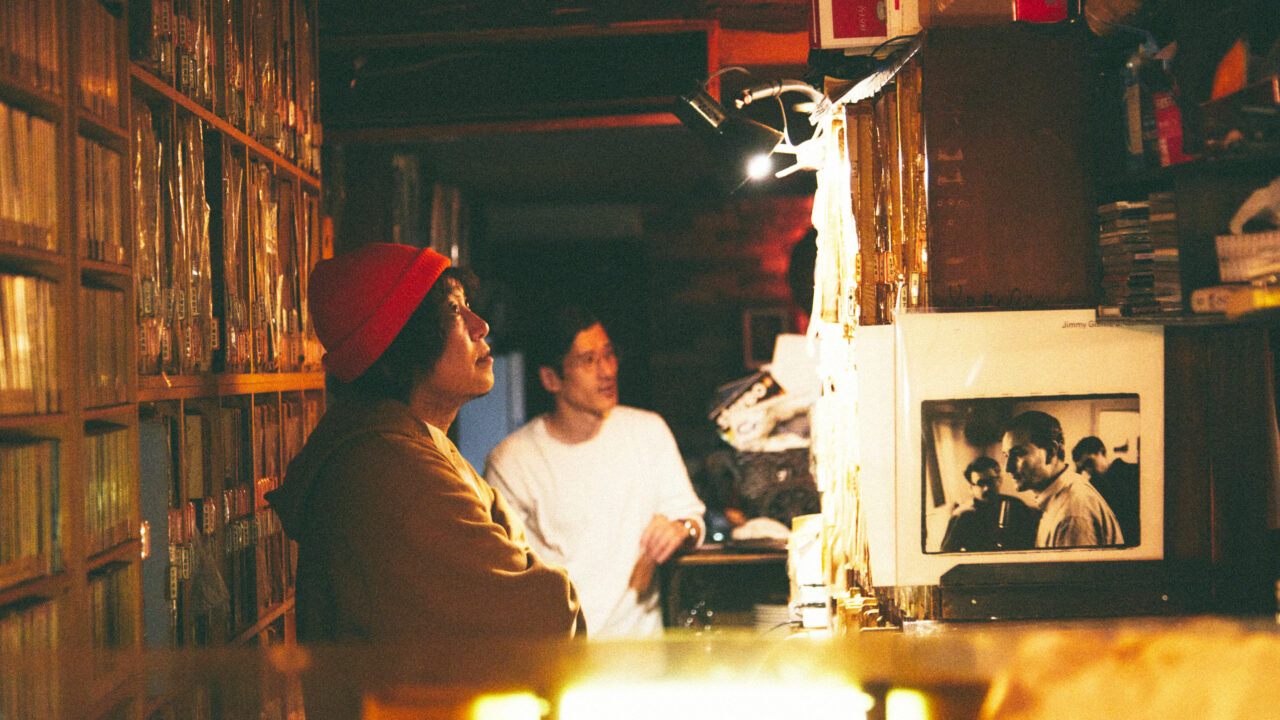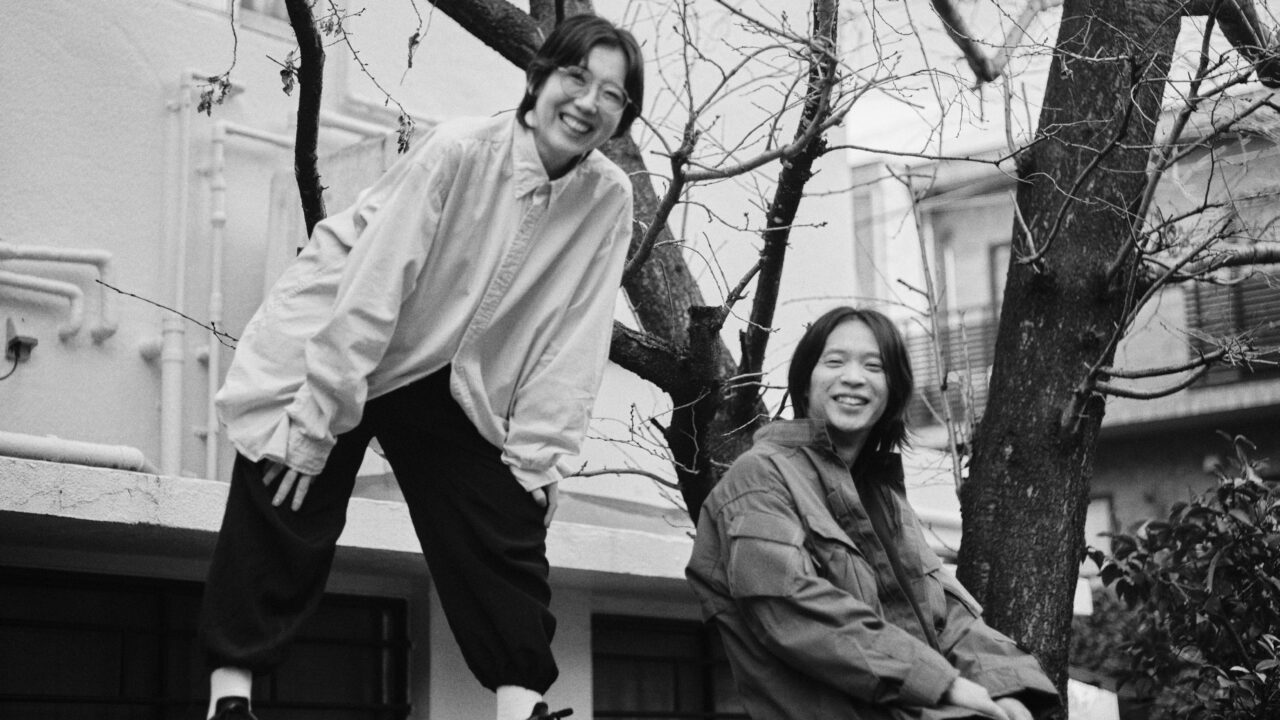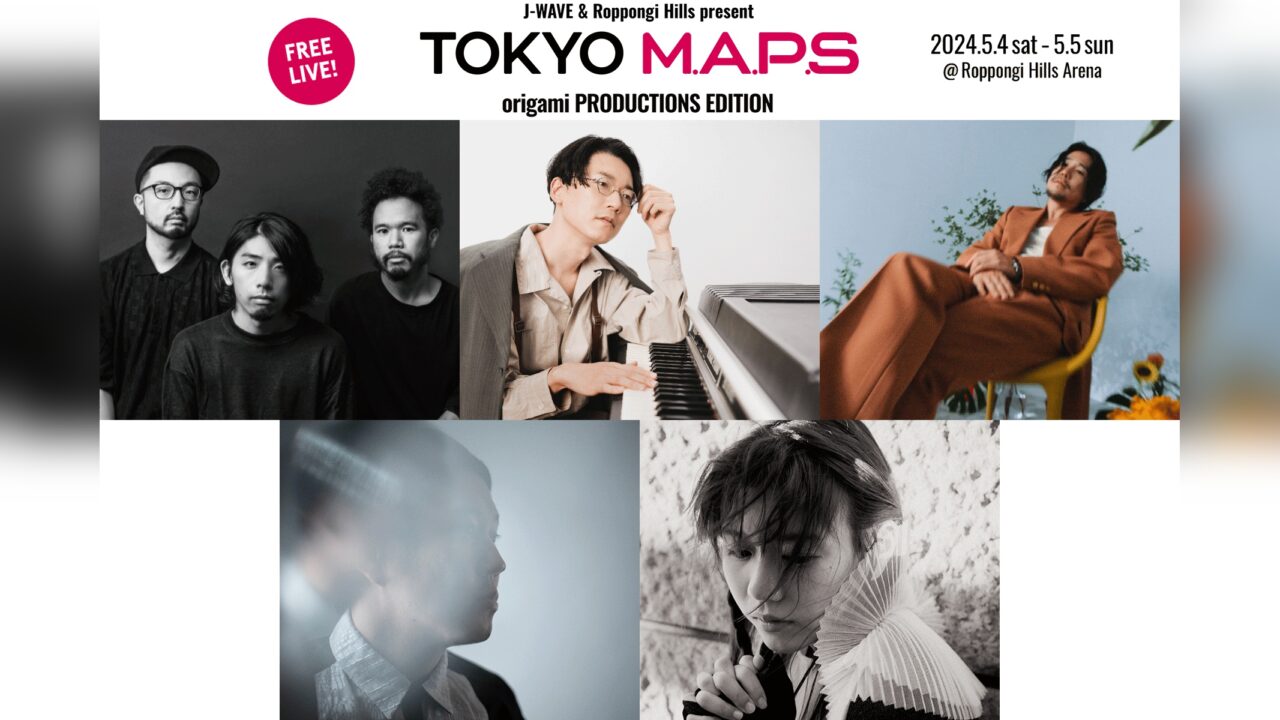In the first part of this interview, we explored the stories and values behind Ayatake Ezaki, Musician. In the second part of this interview, we asked him to unravel the message behind his first solo album “Hajimari no Yoru” (Night of the Beginning), which was recently released.
The concept of this album is inspired by Junichiro Tanizaki’s essay In Praise of Shadows written in the 1930s, which describes the Japanese sense of beauty when there were no electric lights. The sound and tone of the piano are impressive, evoking a sense of nostalgia for a lost era. The album may sound very simple at first listen, but it is interspersed throughout with beat music, lullabies, jazz, children’s songs, ambient, and various other musical elements, and is a true culmination of not only Esaki’s roots music, but also the musicality he has absorbed over the course of his career. The result is a compilation of not only Esaki’s roots music, but also the musicality he has absorbed throughout his career.
In the first part of the interview, he said, “Sooner or later, the world will undergo a major paradigm shift,” so why did he decide to create a solo album with a nostalgic resonance at such a time of great transition?
INDEX
The pursuit of personal music for one person, to be listened to by one person alone
I thought “Hajimari no Yoru” was a very simple but rich and dense work at first listen. It is laced with beat music, lullabies, jazz, nursery rhymes, ambient, and various other musical elements, but overall it is full of “tenderness. I thought that was very typical of you.
Ezaki: Thank you very much. If I were to talk about In Praise of Shadows in the context of music, I would say that in a world where music that is enjoyed by a large group of people is completely commonplace, shouldn’t there be music written by one musician for one person and listened to by just one person? That’s what I wanted to express. I think the original experience of music is rather personal. For example, lullabies are “one-to-one music” sung by one person for one person. When you are in your mother’s womb, you are listening to various kinds of music by yourself.

Musician, born in 1992 in Fukuoka City, Japan, studied piano at age 4 and composition at age 7. He graduated from the Faculty of Music, Tokyo University of the Arts. He has played keyboards for WONK and millennium parade, and has recorded and produced music for King Gnu, Vaundy, Yonezu Kenshi, and many other artists. He has also composed music for the movie “Homunculus” (2021) and other theatrical productions, and continues to work freely across a variety of fields, including running a music label and participating in art education.
Ezaki: Ever since I was a child, I often seemed to say, “I like dark music” (laughs). I don’t know if “dark” is the right word, but I like songs that are a bit lyrical and beautiful. I think that tendency was already firmly established by the time I was in elementary school. For this solo, I was going to make it only with music from those roots of mine. Having said that, almost all of the music that I have passed through in the past 30 years has been included. I think that is due to the friends I have made around me. I may have never encountered music in contexts other than jazz, such as hip-hop or beat music. I have never listened to them at all.
I thought that the composition, in which the audience is enveloped by light again after passing through the darkness, might represent our shared experience of our world as it welcomes the new world after the Corona disaster.
Ezaki: I hadn’t thought of it from that perspective at all, but it certainly can be listened to in that way. I really like spending time alone at night. The city becomes very quiet, and I feel like I can spend time with the earth and myself. In the daytime, I can’t help but feel the presence of others, such as the sound of cars or the voices of my neighbors, but at night I don’t feel the presence of others so much. I feel more precious when I feel that the moon is rising rapidly. Well, the Corona Disaster was so long that I felt lonely (laughs).
You mentioned that you and Kan Inoue studied the sound production of existing artists at WONK.
Esaki: Again, I had a lot of specific references out there, and I did various trials with the engineer, Masaru Sasaki. For example, I was listening to Erased Tapes Records artists a lot, and we talked about Ryuichi Sakamoto, Flying Lotus, the predecessors of J hip-hop, and the context of that area, and we also talked about children’s songs (laughs), so the references were very varied. So the references were very diverse.

I wonder why there is a kind of “nostalgia” mixed in the sounds and tones, rather than the melody.
Ezaki: It’s a mystery, isn’t it? Technically speaking, for example, there are scratch noises from analog records mixed into the song “Mail,” and there are also many soundscapes or sounds of the city. These things are connected to our memories and evoke feelings of nostalgia. I think that the nostalgic, happy, and sad feelings that are evoked by listening to music are something that only humans can do. Although we have some tricks up our sleeves, I think it is like magic to be able to notice them in the first place.
























